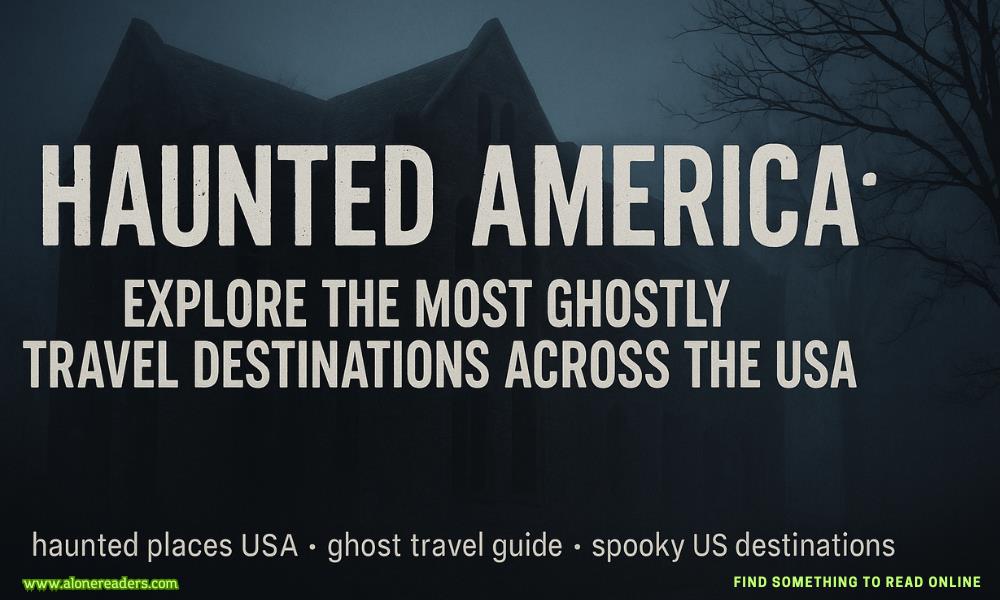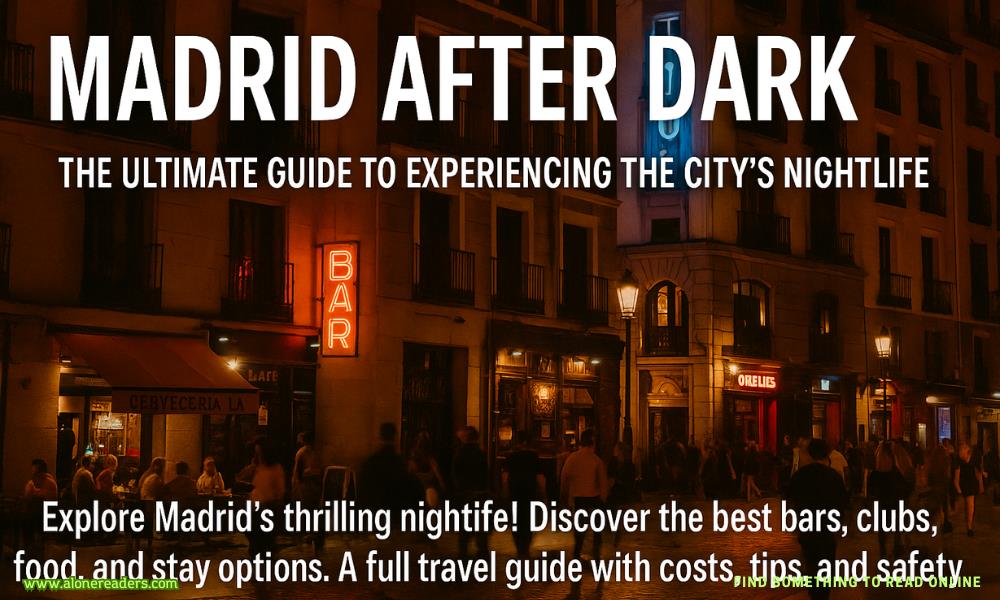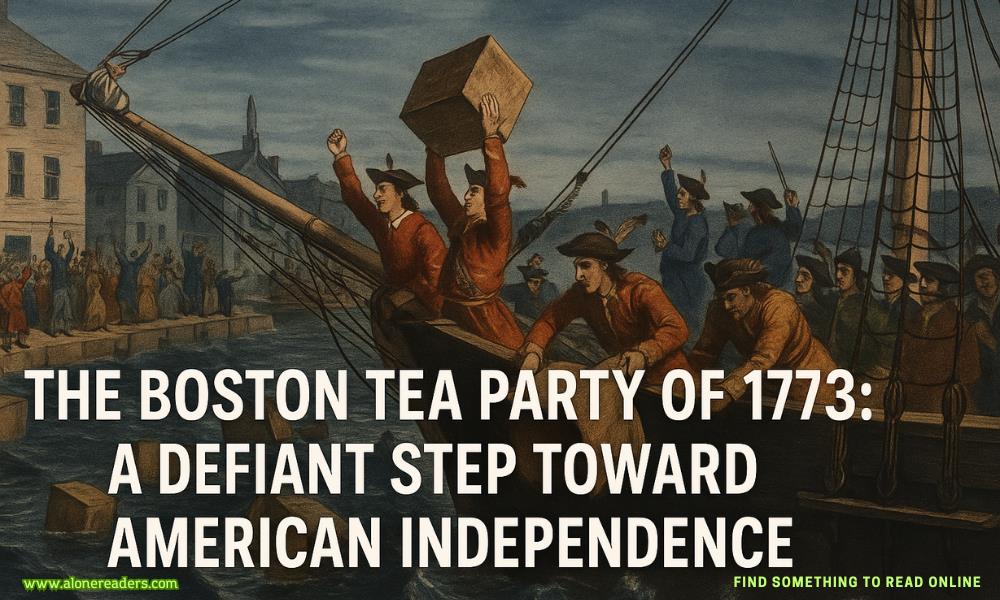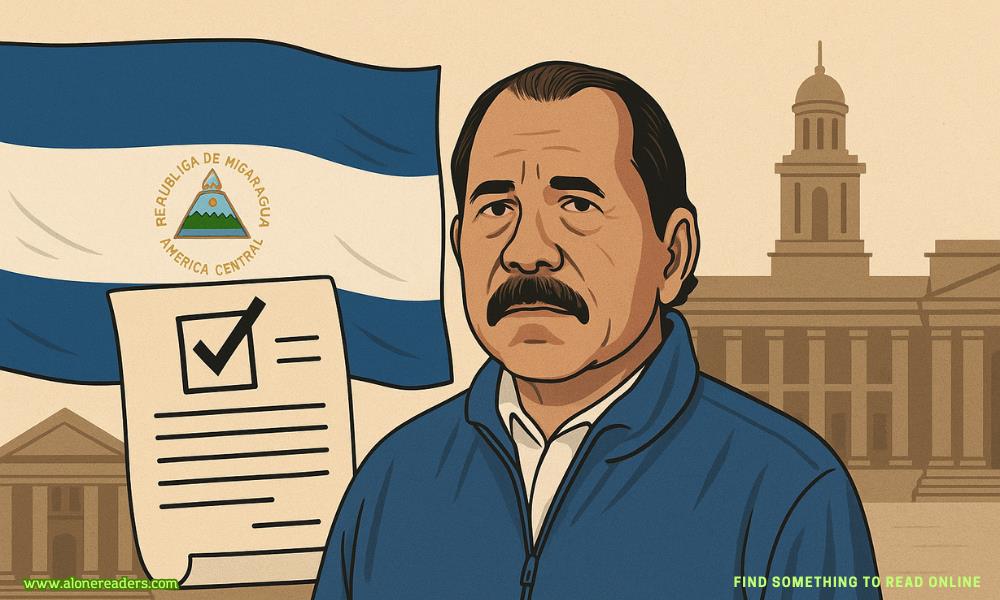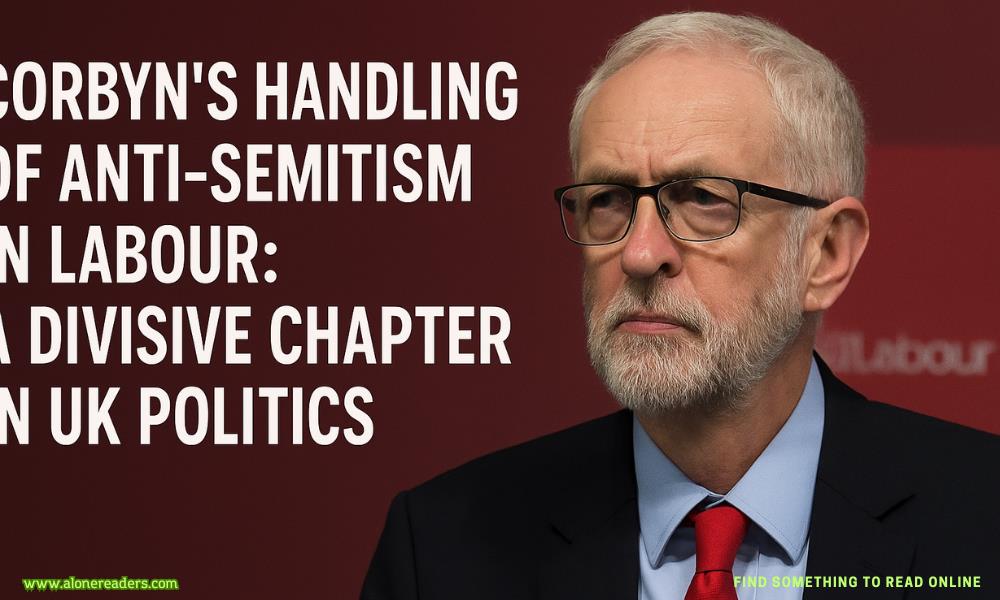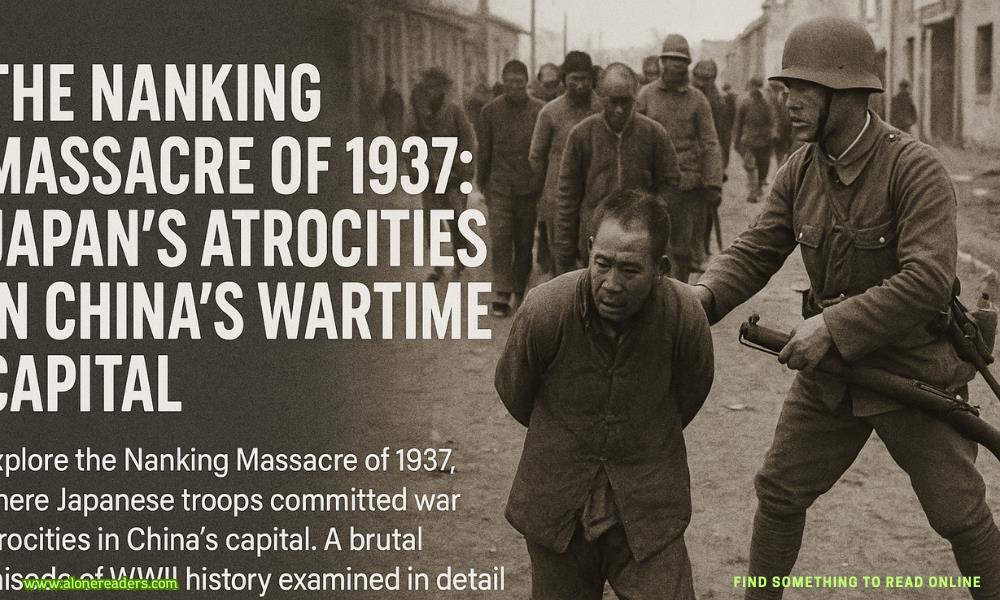Page 60 of Read Between The Lines
My stomach gave a growl of approval in response, which made him laugh.
‘Thanks. Breakfast feels like a long time ago.’
I found the box and offered one to Leo.
‘You can have first dibs,’ I said.
‘Probably wise. I’ll have one to make sure they’re still edible. Those things have been in there a while, ever since…’ His voice tailed off.
‘Ever since?’ I pushed gently.
‘…ever since I put them there when I was emptying my locker from work before I went on sick leave. Fifteen months ago yesterday, if we’re going to be precise. I think even then I knew I wasn’t going back.’
‘I’m sorry.’ It was an inadequate response to the obvious emotion in his voice.
‘Don’t be. I couldn’t see it at the time, but I needed time away from the job. Like a frog in a bucket.’
I frowned. ‘I don’t quite follow.’
‘They say if you put a frog in a bucket of boiling water, it’ll immediately leap out to save its life,’ said Leo. ‘But if the frog is put in cold water to start with, then you gradually heat it up, it’ll get so used to the increasing temperature that, by the time it reaches a fatal point, it’s too late. The frog can’t save itself. It’s a horrible analogy, but looking back, it seems quite fitting for where I found myself.’
‘That sounds really tough.’ I waited a beat. ‘You don’t have to tell me if you don’t want to, but I’m a good listener and I never share other people’s confidences.’
There was a long silence.
‘I still find it hard to talk about, but I trust you,’ Leo said eventually. His words tumbled out, hesitant at first, then growing in confidence as he told his story. ‘Being in the police was all I’d ever wanted. It sounds like a cliché, and certainly idealistic, but I wanted to help people and make a real difference to their lives.’
‘There’s nothing wrong with that. I wish more people thought like that when choosing their careers.’
‘I got into the force at my first attempt and threw myself into it wholeheartedly. I got a lot of stick for being on the graduate trainee programme. This was before they made everyone do a degree in policing. I felt I had to work harder and act tougher in order to be seen as worthy of my position.’ Leo tapped his fingers against the steering wheel, beating out a nervous rhythm. ‘It was even more difficult once I made it into CID. This time it wasn’t the pressure from my colleagues, which had settled into more of a good-natured banter by that point, but rather the type of crimes we were dealing with– more complex, more emotionally draining. It was harder to track down the culprits, and even more challenging to build watertight cases against them. I lost count of the number of times I watched a criminal walk free because the evidence wasn’t deemed compelling enough. Jurors have grown up on a diet of crime dramas on TV and often find it difficult to understand the difference between fiction and reality.’
‘I can’t imagine how frustrating that must have been for you,’ I said. I was used to being a sympathetic listening ear for many in the library, but in most instances at work I was able to retain some level of professional distance. But as Leo’s voice faltered, I had to fight the compulsion to reach across and hug the pain away.
‘I was coping. And then one day, I realised I really wasn’t. Something bad happened to someone close to me– Jill. You saw her briefly when we were having our self-defence lesson.’ He paused, and I could tell he was picking his words extra-carefully. ‘It was the type of thing that’s always very hard to prove. But I worked damn hard to find that proof. We arrested the culprit. We built a strong case. Jill was incredibly brave, giving evidence and remaining cool under the most gruelling of cross-examinations in court. But the judge wouldn’t let the defendant’s previous convictions for similar offences be shared, and worse still, the jury held Jill’s calm and collected demeanour against her. They didn’t believe what she told them and decided the evidence we presented wasn’t enough. So, a guilty man walked free, and Jill had to find a way to move on with her life knowing that he was still out there.’
He cleared his throat, his eyes damp. I automatically took his hand, holding it tight. He didn’t pull away.
‘Sorry, I can’t believe I’m still in such a mess about this,’ he said.
‘Don’t apologise. It would be surprising if you weren’t in a state about it.’
‘It was the justice system at its very worst. Anyway, the perpetrator is on remand now and awaiting trial for a different crime. Jill has her good days and her bad days– the last week was the latter unfortunately, hence me going off radar for a while– but she’s overall doing pretty well, even though she’s livid that someone else had to suffer because her case failed.’
‘I hope she’s doing better now. She sounds like an amazing woman, and I’m sure she’s glad to have your support.’
‘Whatever Jill needs, I’m there for her.’
‘I’m guessing that what happened to Jill was part of the reason you decided to leave the police?’ I asked delicately.
‘Yes. They euphemistically called it “burnout” on my sick note, but full-on depression would have been a more accurate description. I struggled to see a way forward and I could barely drag myself out of bed. They say it’s important to talk, but I couldn’t even string two words together or formulate a coherent thought. But slowly– too slowly– with help, the fog started to clear, and I realised I needed to take care of myself as well as others. So, once I was well enough to be sure that it wasn’t the illness making the decision for me, I handed in my resignation. I muddled around for a bit, then began thinking about how I could take charge of my life again, maybe find a way to become my own boss. And that’s when I started hanging out in your library and causing problems for you by putting my muddy hooves– was that what you called them?– on your furniture.’
‘I’ve just about forgiven you for that,’ I said, pleased when he smiled in response.
‘But I can’t escape in the library world forever, much as I’d like to. I feel pretty useless, if I’m totally honest. I was daydreaming about finding a way to start my own business which would help people, but in reality, I had zero purpose whatsoever until you came along and talked me into assisting you. And I’m not sure I’ve really made much of a difference there.’
‘You’ve made all the difference to me,’ I said simply.
I wished I was courageous enough to say more. Leo had been incredibly brave being so open with me. My instincts were urging me to ignore my insecurities and follow my heart, telling me that Leo was nothing like Scammer Brian. But still my self-doubt held me back, the fear of rejection and further hurt turning my mouth dry and filling me with panic. And then there was the situation with Jill. Leo hadn’t exactly explained who she was to him. Were they just friends, or was there more to their relationship?
- The Christmas Eve Delivery by Ava Gray
- Silver Fox Mountain Daddies by Roxy Monroe
- Mortify by Elizabeth Knox
- Forbidden Sins by M. James
- Saved By a Knight by Lena Little
- Beastly Boss by Cameron Hart
- Wild Daddy by Dani Wyatt
- Reluctantly Yours by Missy Walker
- The Biker's Forbidden Craving by Khloe Summers
- Made for Reign by Stella Banks
- The Merciless Don's Bride by Ashlie Silas
- Forsaken Vows by Shantel Davis
- Zero Chance by Linda Kage
- Soul to Possess by E.M. Adams
- Sweet SIN Slaughterhouse by Kinsley Kincaid
- Marked By Him by Sienne Vega
